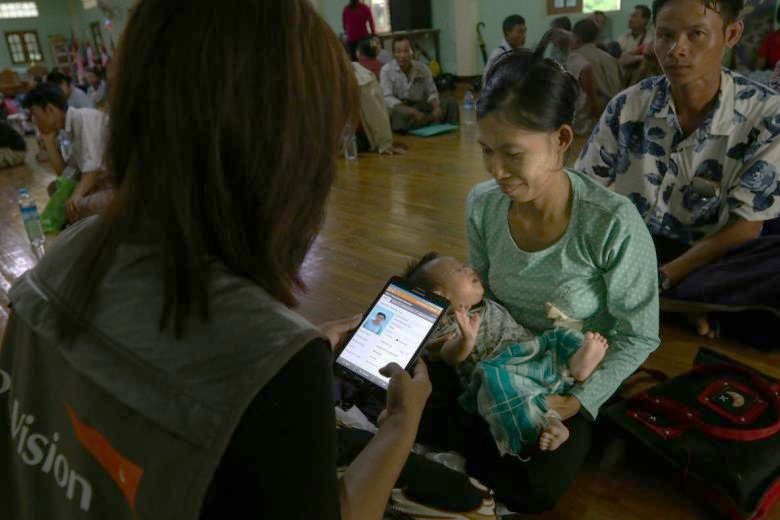
A Culture of Innovation in the Development Sector
Necessity is the mother of invention: People faced with seemingly insurmountable obstacles, have an incredible capacity for innovation. In the development sector, we see this every day in our communities. The poor and underprivileged, with precious little access to capital or services, survive some of the harshest conditions through sheer ingenuity. But it doesn’t have to be like this.
On World Creativity and Innovation Day #WCID #InnovationDay, Dan Mtonga says that given AI and other technologies, business as usual is not sustainable for humanitarian agencies.
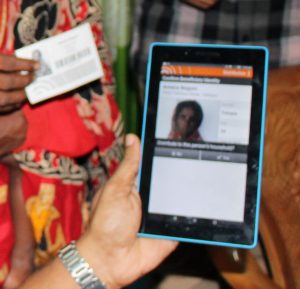
The challenge for those of us working in development is to empower communities to live happier, healthier, fuller lives with urgency and opportunity; to create sustainable structures that enable people to build their own futures. That means embracing the necessity of invention and reimagining how we work.
On World Creativity & Innovation Day on 21 April, a reflection on how World Vision is innovating to better support disadvantaged children and communities.
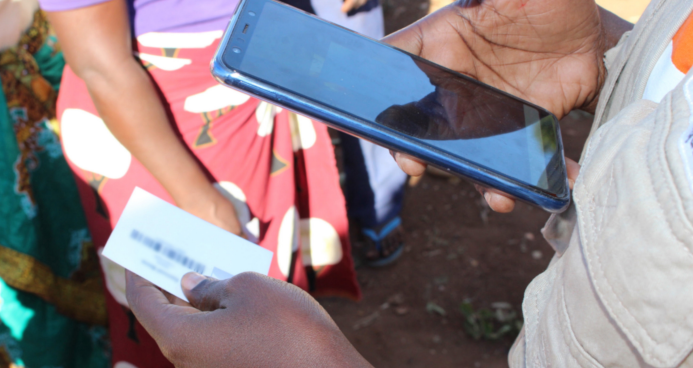
Pioneering digitalization from internal procedures to project implementation.
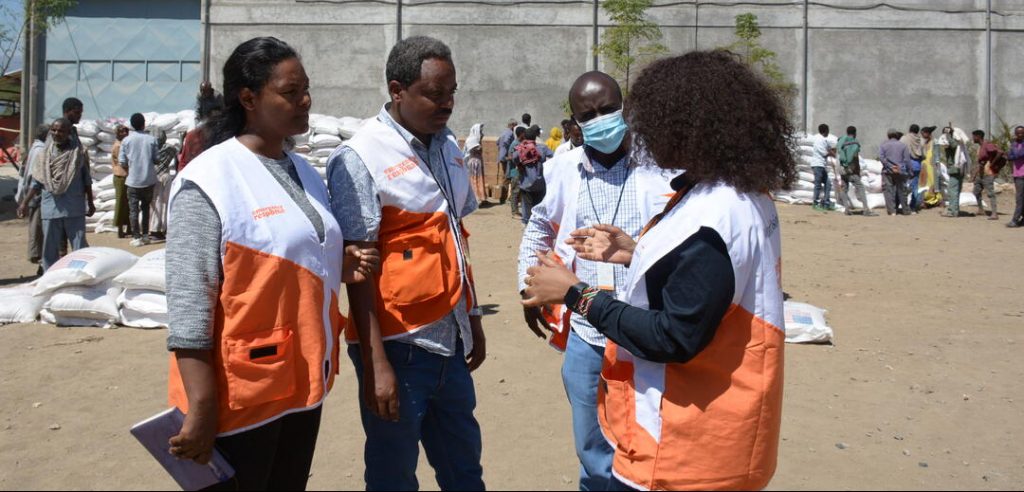
World Vision’s Last Mile Mobile Solution (LMMS) focuses on the crucial final stage of delivering humanitarian aid with full tracking, accountability, transparency and provides fairer and faster aid.
Through our solutions we provide full tracking and the ability to report on activities and participation from beginning to end. Registering participants in a community allows them to be included in programming that provides the assistance they need. Distribution of In Kind and of Cash Distribution can also easily be tracked, amongst other LMMS solutions.
Communities in remote, rural, or mountainous areas are tough to reach even at the best of times. The conditions in which these communities live can make it difficult to track where aid ends up. Following a natural disaster, this can be close to impossible. For this reason, NGOs have often struggled to provide accurate reports on the impact of individual donations, which can undermine trust in humanitarian work.
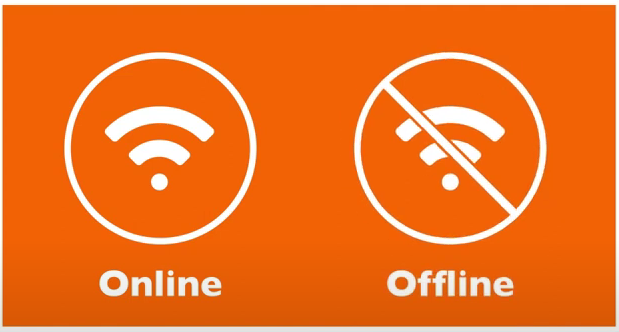
LMMS can be used fully Online or fully Offline.
It allows you to go to the field simply with a phone, which is so helpful in remote locations without internet access, and upon return to connectivity all information will be synched.
Thanks to LMMS, World Vision is able to provide granular detail and easy to access online dashboards with powerful Management Insights and Analytics about where our donations go and the impact that our donors have. In doing so, we are able to show that every cent counts and, therefore, give donors greater confidence in our work globally.
Likewise, by providing tracking on Non Food Items through the LMMS Item Tracking System (ITS), ensures that World Vision aid can be monitored throughout its journey: from procurement to logistics and from warehousing to distribution. First introduced tracking Non Food Items in the Philippines and rolled out across the world after the 2015 earthquake in Nepal, enabled us to track aid and respond more quickly to emergencies, giving our teams on the ground the materials they need to support at-risk communities.
Using Digitization to Improve Our Processes
World Vision aims to embed innovation throughout all our procedures, activities, and interventions. Recognizing that digital transformation is essential to operational efficiency, over the next five years, we aim to digitalize all our programming, monitoring, response, and survey processes.
Digitalization is transforming sectors and industries across the world. Big Data, Artificial Intelligence (AI), and automation are making government and private enterprise more time-efficient and cost-effective. These innovations allow organizations to better predict trends, better focus resources, and better deliver outcomes. This is the spirit we need to embody if we are to have a greater impact on underprivileged children and marginalized communities.
At World Vision, we are pioneering digital innovation at a global level, building the digital literacy of our teams in information management, data governance, and digital rights. For instance, our Geographic Information System (GIS) gives us the ability to visualize, analyze, and interpret data to track the trends, relationships, and patterns that might otherwise be harder to follow.
This has real-life implications. Following natural disasters, a data desert can hinder humanitarian assistance, stakeholder communication, and project interventions. However, up-to-date information enables us to better anticipate emerging health issues, population needs, and environmental challenges. In doing so, we are able to act sooner and implement specific actions more tailored to local circumstances.
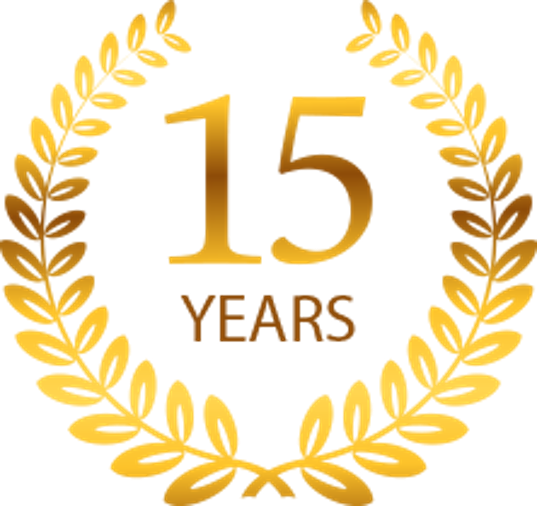
Last Mile Mobile Solutions is celebrating 15 years since it was created.
LMMS is developed and owned by World Vision International. Collaboration with our customers and users contributes to our constant focus on innovation and enhancements.
Contact us for further insights into LMMS Solutions
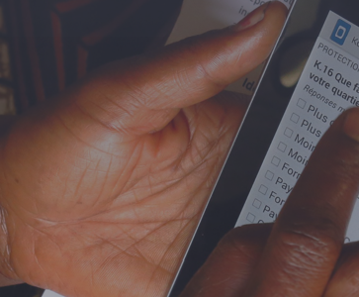
Dan Mtonga is Programme Quality and Impact Director for World Vision East Asia Regional Office.
*Based on original article from wvi.org